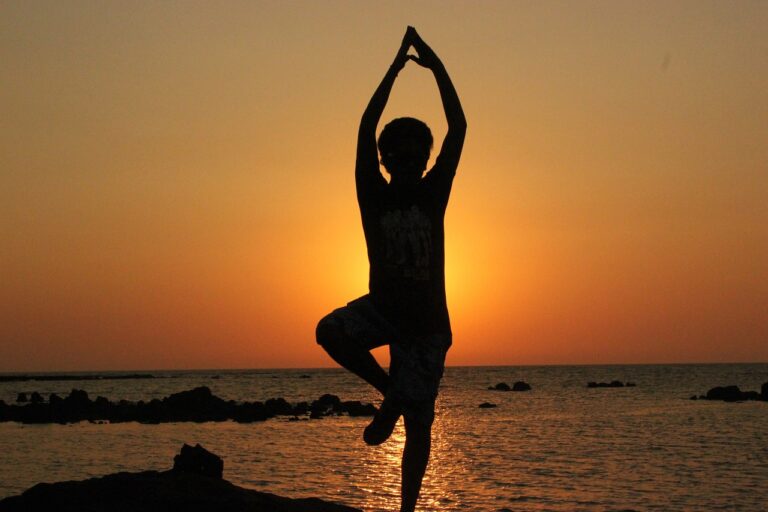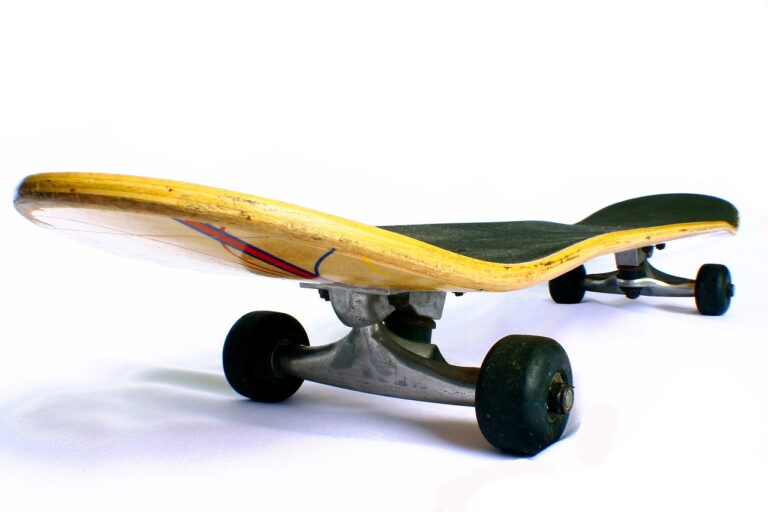The Role of Virtual Reality and Augmented Reality in Historical and Cultural Education at Camps: Cricket 999.com login, 11xplay online, Betbhai9 id
cricket 999.com login, 11xplay online, betbhai9 id: Virtual reality (VR) and augmented reality (AR) are rapidly changing the way we experience and learn about history and culture. At camps, these technologies can play a crucial role in enhancing the educational experience for campers.
Immersive Learning Experiences
One of the key benefits of using VR and AR in historical and cultural education at camps is the ability to create immersive learning experiences. By allowing campers to virtually step back in time or explore different cultures, these technologies make learning more engaging and memorable.
Interactive Exhibits
VR and AR can also be used to create interactive exhibits that allow campers to interact with historical artifacts or cultural objects in ways that were previously not possible. For example, campers can virtually try on traditional clothing, explore ancient ruins, or even participate in historical reenactments.
Virtual Field Trips
Another way VR and AR can enhance historical and cultural education at camps is by providing virtual field trips to museums, historical sites, or cultural landmarks. Campers can explore these places from the comfort of their campgrounds, giving them access to a wider range of educational opportunities.
Hands-On Learning
VR and AR can also facilitate hands-on learning experiences. For example, campers can use AR to solve puzzles or complete challenges related to historical events or cultural traditions. This hands-on approach helps campers deepen their understanding and retention of the material.
Personalized Learning
With VR and AR, educational content can be personalized to cater to the individual interests and learning styles of campers. By offering a variety of interactive experiences and activities, campers can engage with the material in a way that is most meaningful to them.
Promoting Inclusivity
Using VR and AR in historical and cultural education at camps can also promote inclusivity by offering a more diverse and representative view of history and culture. These technologies can showcase the perspectives of marginalized groups and provide a more comprehensive understanding of the past.
FAQs
Q: How can camps integrate VR and AR into their programming?
A: Camps can partner with educational technology companies or hire experts in VR and AR development to create customized experiences for campers.
Q: Are there any safety concerns with using VR and AR at camps?
A: Camps should ensure that campers are supervised when using VR and AR to prevent accidents or injuries. They should also establish guidelines for responsible use of the technology.
Q: How can camps ensure that VR and AR experiences are age-appropriate?
A: Camps should tailor VR and AR experiences to the age and developmental level of their campers. They can also provide guidance and supervision to ensure that campers engage with the technology in a responsible manner.
In conclusion, VR and AR have the potential to revolutionize historical and cultural education at camps by providing immersive, interactive, and personalized learning experiences. By embracing these technologies, camps can enhance the educational experience for campers and foster a deeper appreciation of history and culture.







